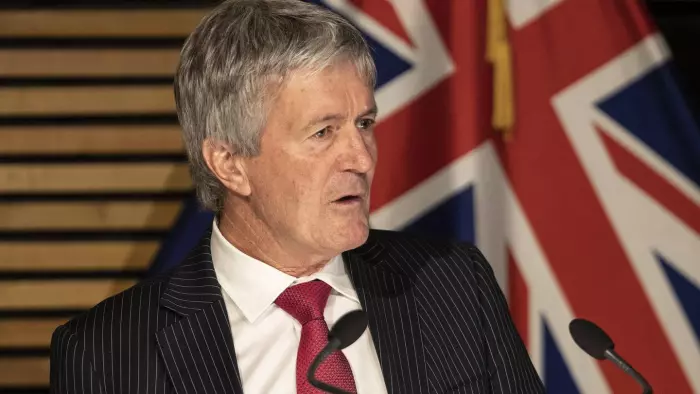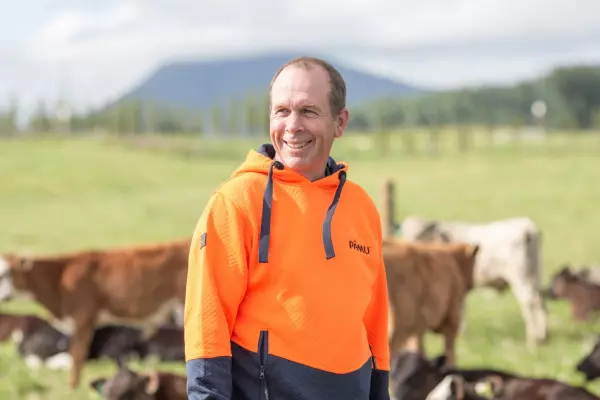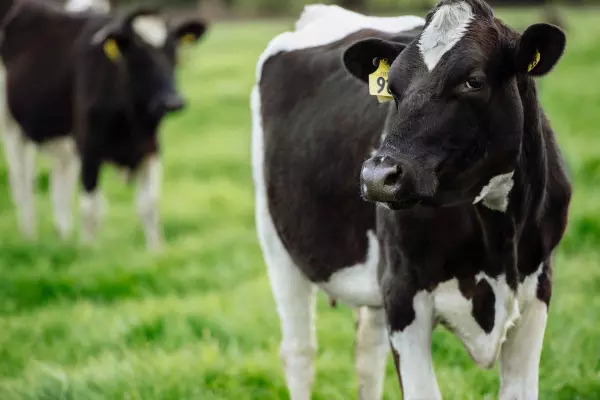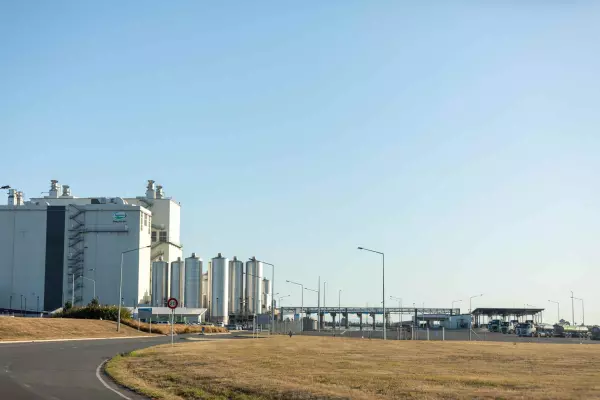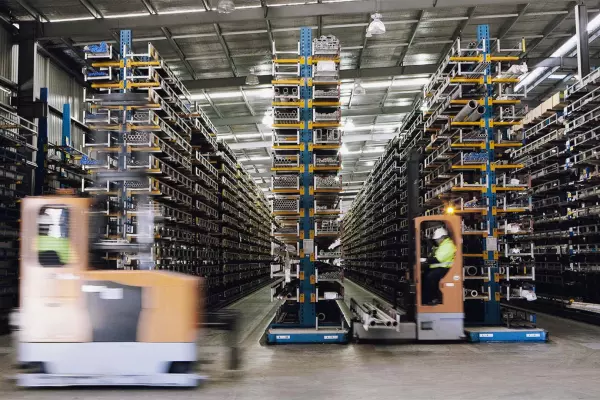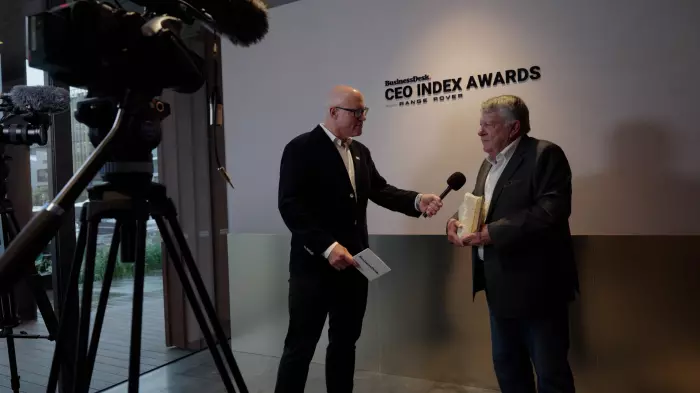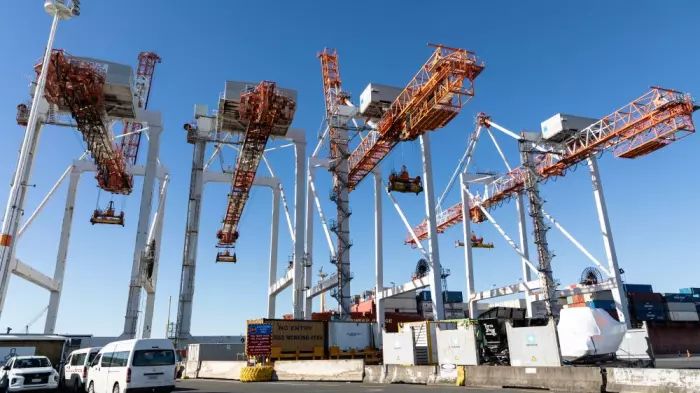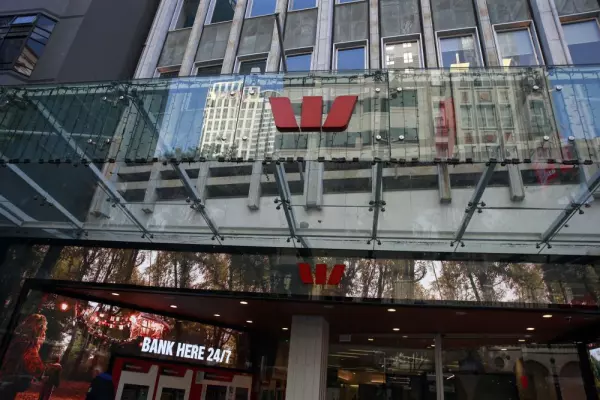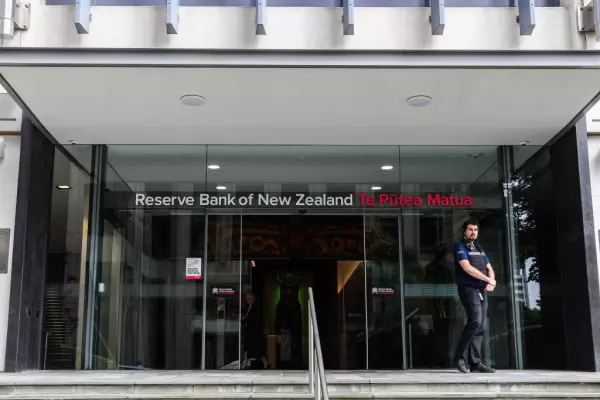Agriculture minister Damien O’Connor admits working on a nitrogen fertiliser tax, but says feedback suggests industry leaders don’t like the idea.
While Act was quick to claim credit for getting O’Connor to “kill” the idea during parliament's question time yesterday, National said the minister needed to “categorically” rule it out.
Meanwhile, both Federated Farmers and DairyNZ has made it clear to ministers that they aren't interested in supporting it.
Yesterday, BusinessDesk reported that several sources, both in and out of the primary sector, were preparing themselves for the tax.
BusinessDesk was told the tax of roughly $150 a tonne could be imposed on fertiliser, such as urea.
Urea is the most common nitrogen fertiliser used on arable and dairy farms.
In the 2021-22 year, NZ used roughly 400,000 tonnes. A cap has already been placed on how much can be spread on a hectare.
Ag in the ETS
The tax option loomed against a backdrop of rising speculation ministers are getting fed up with the lack of movement in the industry-led response to emissions reduction.
He Waka Eke Noa – the Primary Sector Climate Action Partnership, an alliance between the government, the primary sector and Māori – was formed in 2019 to develop recommendations on an alternative pricing system for agricultural emissions.
If an alternative isn't reached, agriculture emissions will be automatically included in the Emissions Trading Scheme (ETS) in 2025.
Sources close to the process have told BusinessDesk that the He Waka Eke Noa process stalled following the resignation of Jacinda Ardern as prime minister.
While Ardern championed the initiative at the cabinet table, her replacement, Chris Hipkins, is said to have been far less engaged on its completion.
In or out
Asked last week about it, a spokesperson for O’Connor told BusinessDesk that options were being considered by cabinet.
However, in question time yesterday, Act’s agriculture spokesperson, Mark Cameron, asked O’Connor whether he had had any official discussion with ministerial colleagues over a potential tax or levy.
O’Connor said he had asked for advice about the cost per hectare on any tax on nitrogen fertiliser at a different range of carbon prices.
The government had no proposal for a fertiliser tax, but O’Connor said he had discussed “with a number of partners from across the sector” whether a tax was a good way to raise revenue to pay for research and development for the uptake of new technology.
“The industry leaders have come back to me and said they don’t like that. We now have to sit down and work on the best way forward of following through with He Waka Eke Noa, but dealing with the dilemma that they don’t want to pay until they’ve worked out the full analysis of sequestration options.
“The question I have is, should I then bother to put that proposal up to my colleagues? I think probably not, but I’m not going to rule anything in or out here and now.”
On his way into the house yesterday, climate change minister James Shaw, who is also co-leader of the Green party, said there had been calls from the sector to delay the introduction of the pricing scheme, but he thought there was an expectation they should be paying for their emissions.
“Nothing’s been ruled out,” Shaw said.
At the last election, his party campaigned for a levy on the use of both nitrogen and phosphorus fertilisers.
Killed it
Act was quick to claim credit for getting O’Connor to “kill” the idea. “This is excellent news for farmers and consumers," Cameron said.
“Weeks after Kiwis faced record food price inflation of 12.5% is not the time to be proposing a tax on fertiliser."
Act would remove agricultural emissions from entering the ETS and ensure the country’s carbon price was tied to the prices paid by the top five trading partners.
Meanwhile, National’s agriculture spokesperson Todd McClay called on O’Connor to go further, saying he needed to “categorically” rule it out and describing it as a “complete disaster”.
“They drove a truck through the agriculture sector’s work on He Waka Eke Noa and have run out of time to deliver anything, so instead they have now come up with a tax."
He told BusinessDesk that O’Connor needed to rule the tax out quickly, so the government didn’t create any more uncertainty.
National, McClay said, had been working on its own “strong emissions policy" over the past few months and that would be announced over the coming weeks.
Not interested
Federated Farmers president Wayne Langford reiterated his organisation was committed to the He Waka Eke Noa partnership and finding a way to reduce emissions.
However, "a fertiliser tax of $150 per tonne of urea is not something we are interested in supporting – and we have made that very clear to both minister O’Connor and minister Shaw".
Farmers, Langford said, were facing "huge on-farm inflation" with big expenses, such as interest rates, fuel, feed and fertiliser, rising.
"At the end of the day, we don’t want to get bogged down in the politics of it all. We don’t support a fertiliser tax, but we do want to get back to the table to try and find a solution that works for everyone and reduces emissions," Langford said.
Meanwhile, DairyNZ chair Jim van der Poel said they hadn't seen or been given any detail of the tax, but suggested it could cost the sector $130m.
If the government was to consider a fertiliser tax, it would be walking away from a collaborative effort to design a system that promotes on-farm practice change to reduce emissions.
"It will be a harmful tax on New Zealand food producers, with detrimental impacts on farm profitability and ultimately will make food less affordable for every New Zealander. At a time when food prices are already at record highs, this makes no sense at all," van der Poel said.


